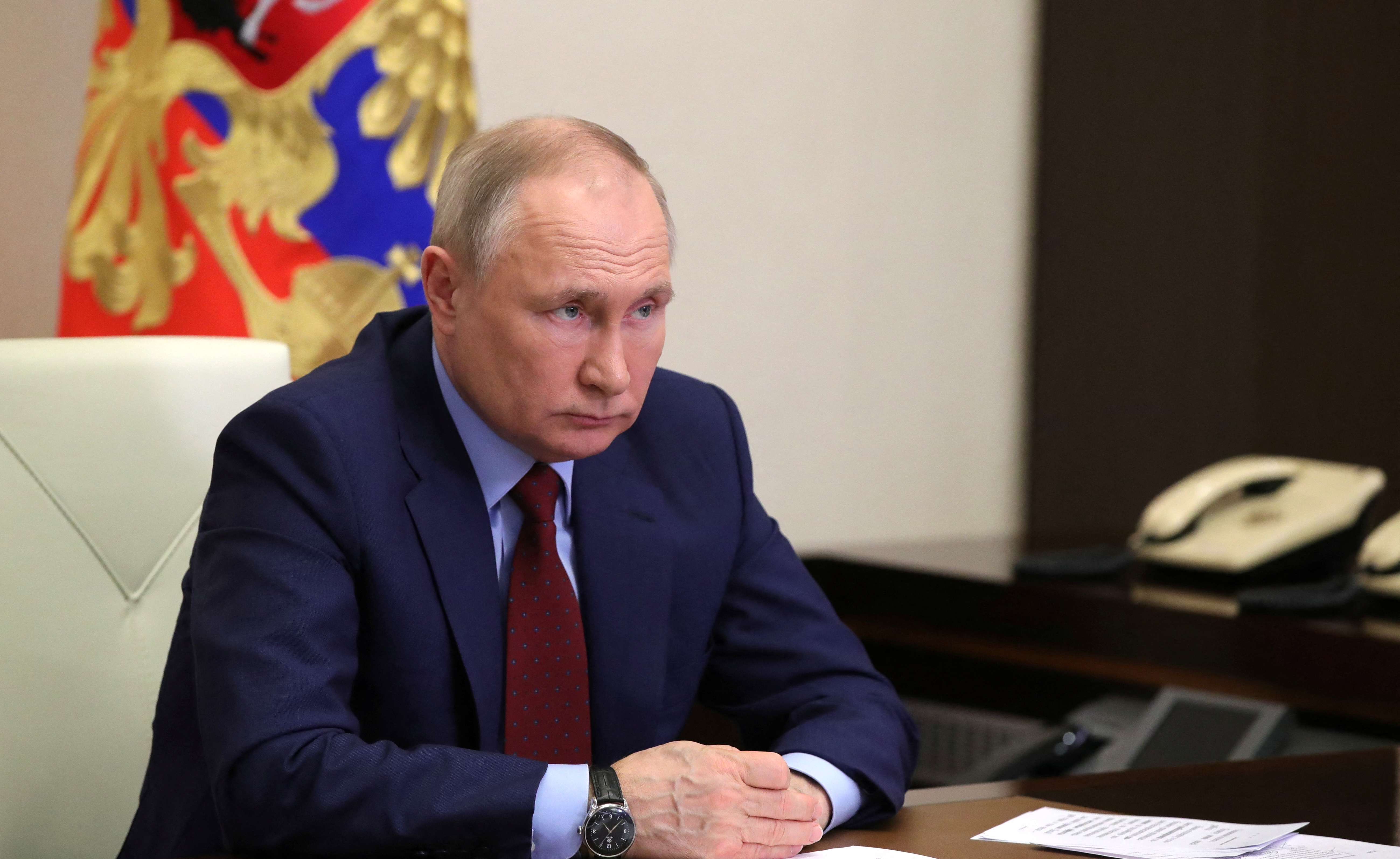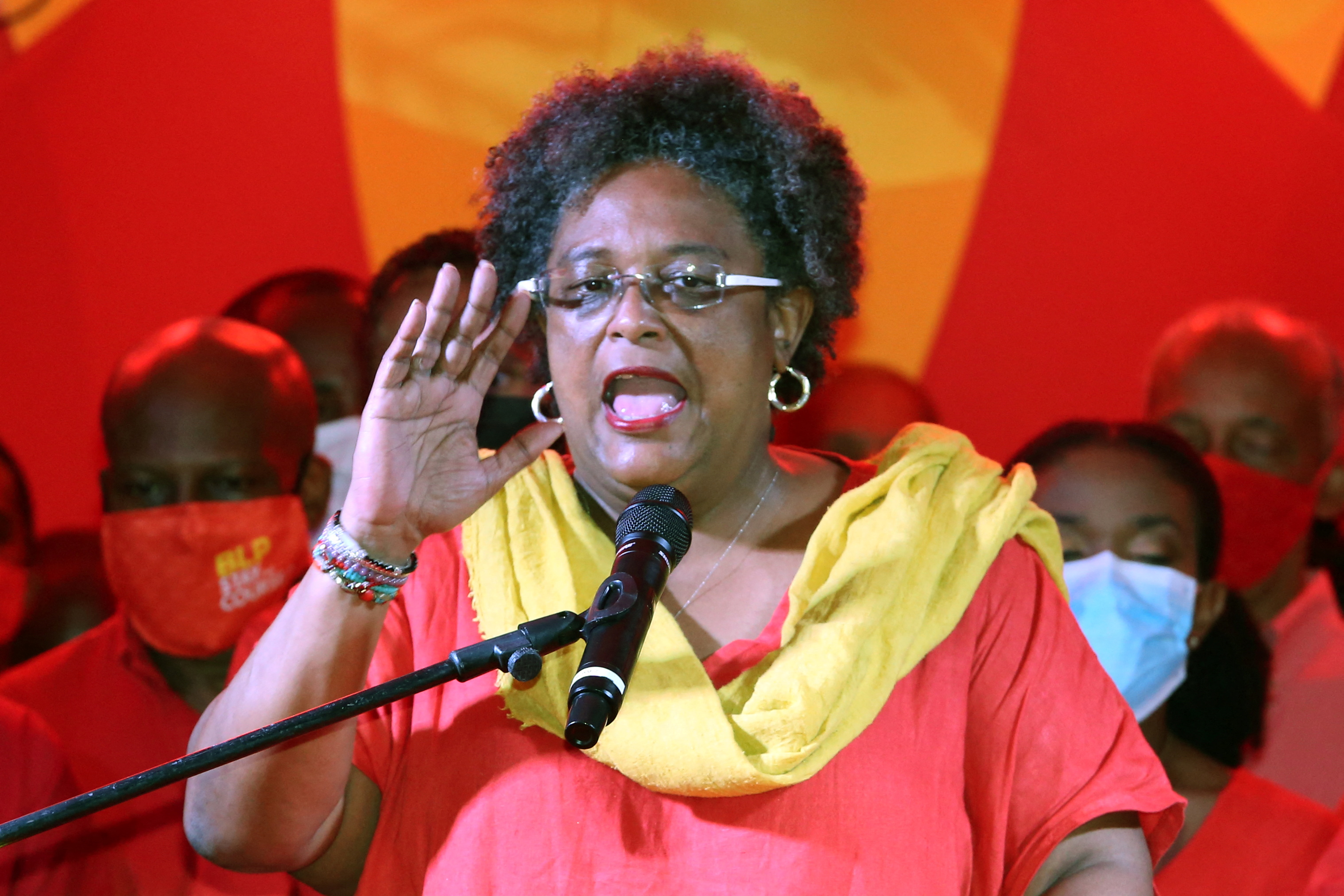
Climate change, criminal fisheries organizations and crises in the supply chain are among the security threats facing the Caribbean as it emerges from the coronavirus pandemic, General Laura J. Richardson, commander of the U.S. Southern Command, said Wednesday in the framework of the Caribbean Nations Security Conference in Barbados.
The most powerful storms and sea level rise caused by climate change risk “destroying livelihoods, destroying homes and reversing decades of growth,” Richardson said.
The transnational criminal organizations behind arms, drugs and human trafficking are increasingly involved in illegal fishing, “robbing” the region 20-30% of its fish and generating costs to the Caribbean of $750 million a year, Richardson said.
Regarding the war in Ukraine, he said that “the world witnessed how Vladimir Putin initiated a horrific and unprovoked invasion of the sovereign nation of Ukraine.” “It was the most flagrant violation of the most fundamental principles that the international community established after the Second World War: self-determination and national sovereignty,” he said.

“For decades, Caribbean countries have been advocates of these sacred principles. A threat to democracy anywhere is a threat to democracy everywhere. The Caribbean Community (CARICOM) joined the chorus of peace-loving democracies around the world condemning the Russian invasion and calling for an immediate ceasefire. This region is truly a 'Zone of Peace', as all CARICOM members so eloquently stated last month. What we are doing here at the Caribbean National Security Conference (CANSEC) is working together to ensure that the Caribbean remains a Zone of Peace,” Richardson said.
He also said that another “emerging threat that we cannot ignore is cyber attacks.” “Last year, Microsoft reported that a China-based hacker group called NICKEL carried out cyber attacks against 29 countries, four of them in the Caribbean: Barbados, Dominican Republic, Jamaica and Trinidad and Tobago. Cybercrime has only increased in the region since the pandemic, and we must do more together to defend ourselves in the cyber arena,” he said.
Regarding 5G in the Caribbean region, he said that “some telecommunications companies linked to China have been accused of allowing the People's Republic to access sensitive information about local citizens, posing a potential risk to the security of us all.”
From the same precinct, Barbados' Prime Minister Mia Mottley said Russia's invasion of Ukraine has the potential to fuel unrest in the Caribbean, as it leads to higher prices and commodity shortages.
The war in Europe “is going to generate unrest in many of our countries,” he said.

Mottley, who overwhelmingly won re-election in January, has become a global voice against climate change, arguing that rising temperatures are a possible “death sentence” for small island nations like his own.
For her part, Richardson, a four-star general, is responsible for US military aid, contingency planning and security cooperation for Central America, South America and the Caribbean.
KEEP READING:
Últimas Noticias
Debanhi Escobar: they secured the motel where she was found lifeless in a cistern
Members of the Specialized Prosecutor's Office in Nuevo León secured the Nueva Castilla Motel as part of the investigations into the case

The oldest person in the world died at the age of 119
Kane Tanaka lived in Japan. She was born six months earlier than George Orwell, the same year that the Wright brothers first flew, and Marie Curie became the first woman to win a Nobel Prize

Macabre find in CDMX: they left a body bagged and tied in a taxi
The body was left in the back seats of the car. It was covered with black bags and tied with industrial tape
The eagles of America will face Manchester City in a duel of legends. Here are the details
The top Mexican football champion will play a match with Pep Guardiola's squad in the Lone Star Cup

Why is it good to bring dogs out to know the world when they are puppies
A so-called protection against the spread of diseases threatens the integral development of dogs



